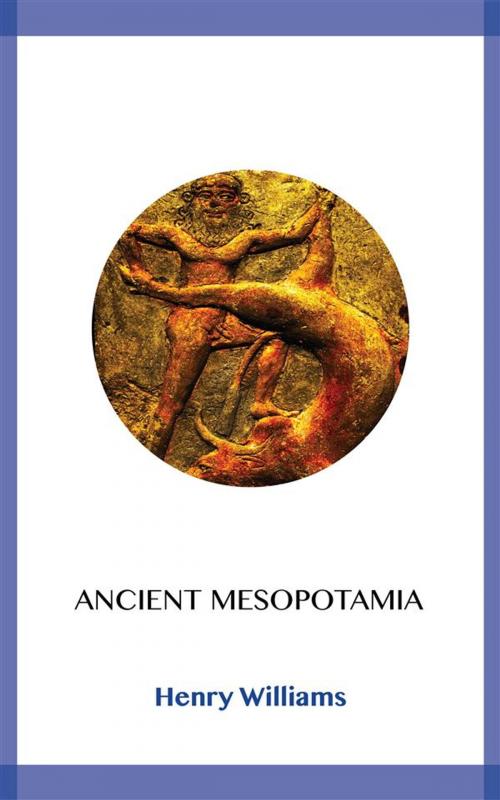| Author: | Henry Williams | ISBN: | 9788828370741 |
| Publisher: | Blackmore Dennett | Publication: | August 7, 2018 |
| Imprint: | Language: | English |
| Author: | Henry Williams |
| ISBN: | 9788828370741 |
| Publisher: | Blackmore Dennett |
| Publication: | August 7, 2018 |
| Imprint: | |
| Language: | English |
The Assyrian Empire is in some respects unique in history. Despite the proverbial tendency of history to repeat itself, there has been no duplication of the tragic history of this wonderful body politic. It rose to be the most powerful of nations; it reached out and gained the widest empire that had hitherto been seen; its capital, Nineveh, was for a few centuries the metropolis of the world. But in the very fulness of its imperial flight it was struck down and utterly destroyed. Other empires have been subjugated; Nineveh was annihilated. The very name "Assyrian" became only a memory and a tradition. Late in the seventh century BC, Nineveh was the boasted mistress of the world; two centuries later the mounds that covered her ruins were noted by the Greek historian Xenophon, who marched past them with the ill-fated Ten Thousand, merely as the relics of some ancient city of unknown name. So brief may be the highest fame! Yet the sequel is stranger still. As we have seen, these forgotten mounds treasured secrets of history which they have since given up to the explorer, and our own generation has seen Assyria restored to its place in history. The details of its career are more fully known to us than those of almost any other nation of antiquity. Such a phoenix-like regeneration is a fitting sequel to the fantastic career with its tragic denouement, which is about to claim our attention...
The Assyrian Empire is in some respects unique in history. Despite the proverbial tendency of history to repeat itself, there has been no duplication of the tragic history of this wonderful body politic. It rose to be the most powerful of nations; it reached out and gained the widest empire that had hitherto been seen; its capital, Nineveh, was for a few centuries the metropolis of the world. But in the very fulness of its imperial flight it was struck down and utterly destroyed. Other empires have been subjugated; Nineveh was annihilated. The very name "Assyrian" became only a memory and a tradition. Late in the seventh century BC, Nineveh was the boasted mistress of the world; two centuries later the mounds that covered her ruins were noted by the Greek historian Xenophon, who marched past them with the ill-fated Ten Thousand, merely as the relics of some ancient city of unknown name. So brief may be the highest fame! Yet the sequel is stranger still. As we have seen, these forgotten mounds treasured secrets of history which they have since given up to the explorer, and our own generation has seen Assyria restored to its place in history. The details of its career are more fully known to us than those of almost any other nation of antiquity. Such a phoenix-like regeneration is a fitting sequel to the fantastic career with its tragic denouement, which is about to claim our attention...















